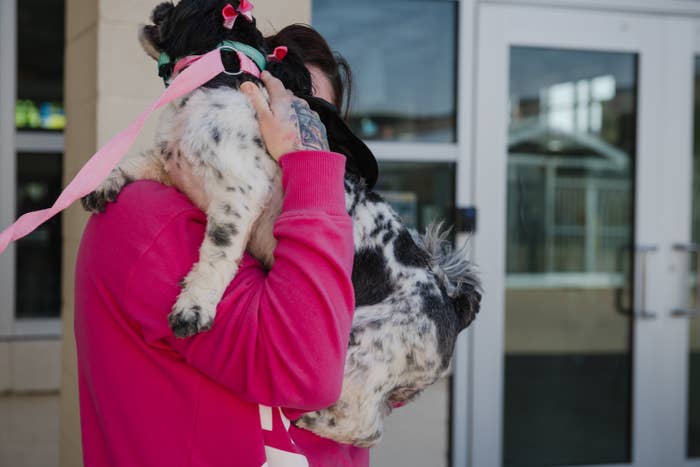
Erisema was sent back by US border officers to Ciudad Juárez, Mexico, in 2019, left alone in a city known for its kidnapping and violence against asylum-seekers like her. The then-20-year-old, who asked to only be identified by her first name, spent most of her days off holed up inside an apartment, scared of venturing out more than she had to.
But then another asylum-seeker gave her a puppy as a gift, a dog she named Kandi. For nearly two years, Erisema said, Kandi became her main companion. On the long days when Erisema sat in her living room, feeling abandoned, Kandi would climb on top of her. When Erisema cried in bed, Kandi would jump up to cuddle with her.
“You feel so alone and your pets help take you out of that loneliness with the love they give you,” Erisema told BuzzFeed News. “They’re your companion, they give you emotional support when you don’t have anyone.”
But then in March, Erisema learned that under a new policy she would be allowed into the US while her asylum case made its way through immigration court. That meant she’d have to leave Kandi behind — or so she thought. A new volunteer group, Mascotas Para Migrantes (Pets for Migrants), has been working with immigrants and asylum-seekers like her to help get their small dogs and cats into the US as well. The program, organized by immigration attorney Taylor Levy and communications worker Jordyn Rozensky, is new, but already the UN’s refugee agency is telling pet owners at the border to seek out Mascotas Para Migrantes.
“One of the central themes for asylum-seekers is this common experience of loss. They had to leave behind their homes, relatives, community, favorite foods, all sense of normalcy,” Levy told BuzzFeed News. “For them, especially after surviving so much trauma, pets are this lifeline of normalcy and emotional support.”
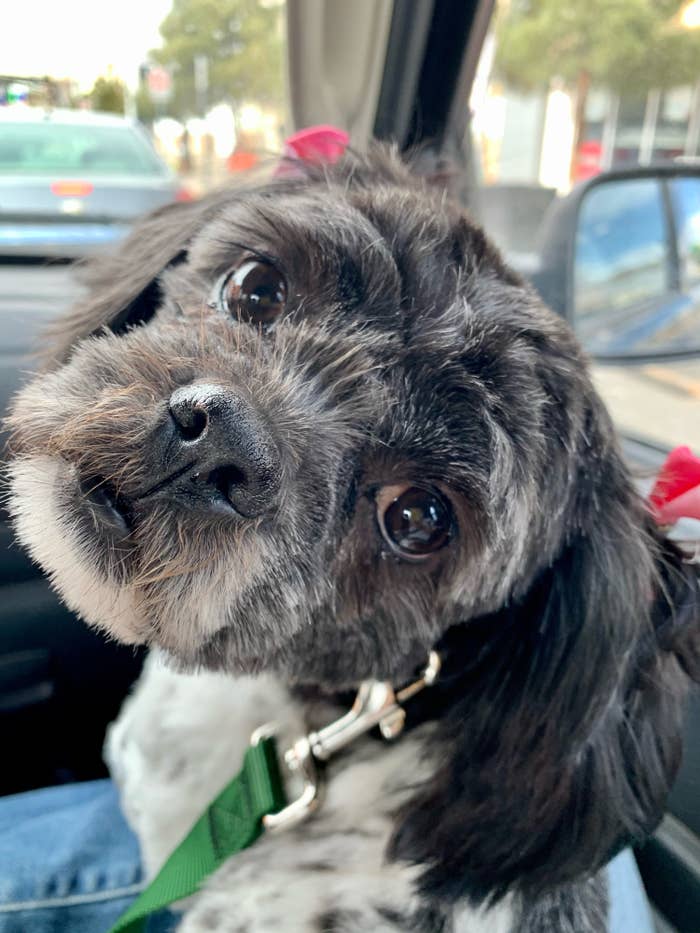
Erisema is one of more than 71,000 immigrants and asylum-seekers the Trump administration sent back to Mexico as part of its Migrant Protection Protocols. Under the program, thousands of immigrants who requested asylum from US border authorities were returned to Mexico and ordered to wait there while US immigration judges decided their cases. Forced to return to some of the most dangerous border cities, asylum-seekers were often targeted for kidnapping by cartels and other criminals, who held them for ransom and abused them. A Human Rights First database has tracked at least 1,314 public reports of rape, torture, kidnapping, and other violence against MPP asylum-seekrs.
The Biden administration has started to wind down the so-called Remain in Mexico program by processing those who still had active immigration cases, like Erisema, and granting them permission to enter the US to continue their court hearings.
Seeing a need to help these asylum-seekers with pets, Levy started researching how to cross dogs and cats and comply with state and federal regulations. “We have to look at people from a holistic perspective that honors their humanity, and pets are really important to people,” Levy said. “This is another puzzle piece on what it means to treat people with respect and dignity.”
There are over 50 asylum-seekers in MPP waiting to be processed into the US who have reached out about crossing their pets, Rozensky said. So far efforts have focused in Ciudad Juárez, but the plan is to expand the program across the entire US–Mexico border. Mascotas Para Migrantes is seeking volunteers and donations as it works on expanding.
For now, Rozensky said the group is only crossing dogs and cats who fit underneath airplane seats, because pandemic restrictions don’t allow larger pets to fly. Someone would have to meet an asylum-seeker near the border and drive them with their larger pet to their final destination, and it’s hard for most people to find someone who is willing to do that. Other pets, like ducks, are legally considered poultry, so they can’t enter the US.
For people with pets who can’t make the border crossing, the process Levy and Rozensky started informs them about restrictions and helps them to, at the very least, find new homes for their pets.
This was the case for Julia, a 34-year-old asylum-seeker from Cuba, who had bought a duck she named Lucas in downtown Ciudad Juárez and raised him, along with a dog, in her apartment. When Julia had visitors, Lucas would wag his feathered tail and jump in their laps to be pet.
“Pets are so important when you’re in a situation like I was,” Julia told BuzzFeed News. “They don’t let you fall because you know they depend on you and they helped me feel less alone.”
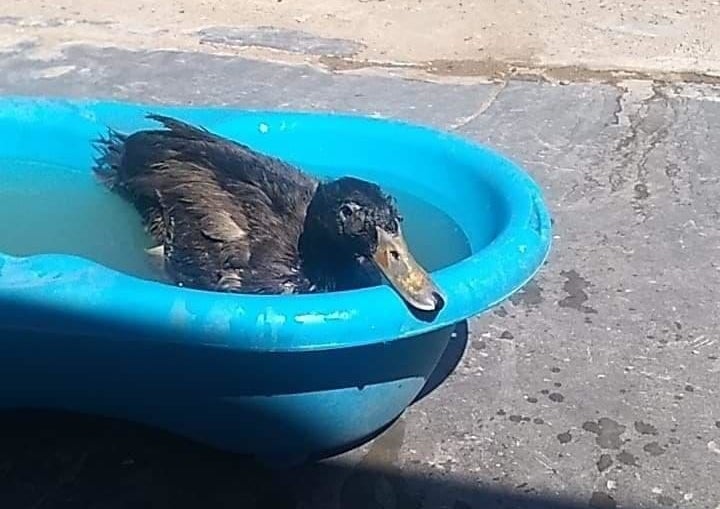
Julia, who was in MPP for nearly two years, was able to get her dog into the US with the help of her boyfriend’s sister, who was based in Houston and drove down to pick him up. However, Julia was devastated to learn that she couldn’t bring Lucas with her to the US. She posted on Facebook that she was looking for a new home for Lucas, and a family who had a pet goose said they would take him in.
She cried when she said goodbye to Lucas and hopes that one day they will be reunited.
“I don’t even like to think about that moment, but it’s good to know he’s in a good home and I didn’t have to leave him at a lake by himself,” Julia said.
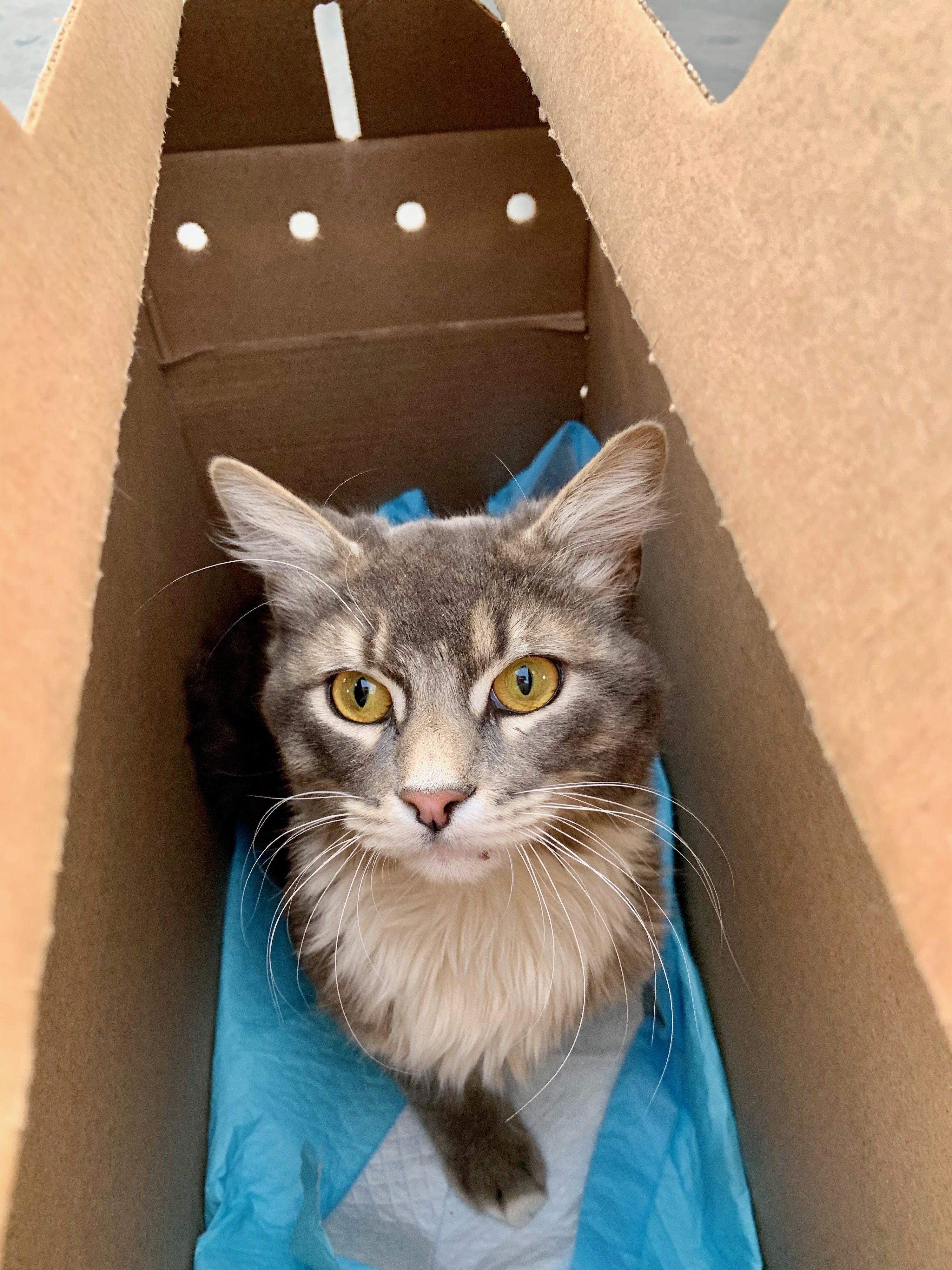
So far, Rozensky has crossed two pets. The first was a cat named Sebastian, who was absolutely silent as they waited to cross into El Paso from Ciudad Juárez. It was the first time Rozensky had crossed an animal and she was a bit nervous, despite having everything in order, including his vaccine information. The pair crossed without encountering any issues.
When they arrived at Rozensky’s home, Sebastian broke his silence and continued to meow for the next 36 hours, until he saw his human at the airport.
Berena, Sebastian’s owner, said a neighbor in Ciudad Juárez gave Sebastian to her when he was a kitten, in May 2020. Berena and her husband worked different schedules, so Sebastian ended up becoming a constant companion when she was home alone. Taking care of him helped pull Berena out of her sadness when it seemed she would be in Mexico indefinitely. She would take him on walks in her backpack and let him out at a nearby park.
In the days after she was told by the UN refugee agency that she would be allowed into the US, Berena scrambled to figure out a way to get Sebastian to come with her or, at the very least, find him a new home. A friend told her about Mascotas Para Migrantes and she reached out immediately.
“I couldn’t believe that anyone would think of doing this for us,” Berena told BuzzFeed News.
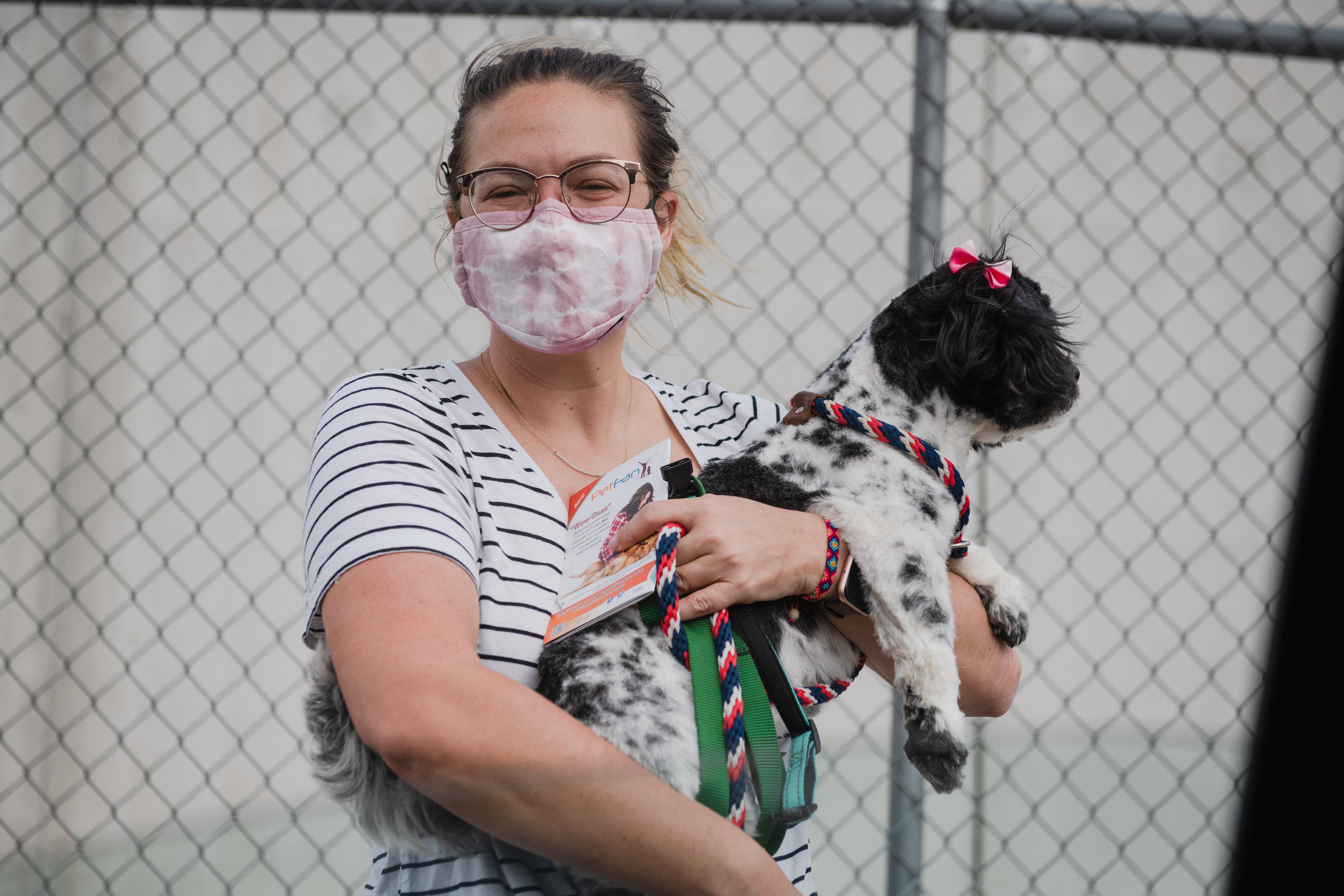
The day Rozensky picked up Kandi, Erisema’s dog, she expected the furball she had seen in pictures but was surprised to see her not only groomed but wearing pink bows. Erisema, wanted to make sure she looked her best when she entered the US for the first time.
“Something about it pulled at my heartstrings,” Rozensky said. “With everything else going on in Erisema’s world, she had been in MPP for almost two years, she made the time to make sure Kandi was prepared for her journey to the US.”
When Kandi and Erisema finally reunited in El Paso, the little dog jumped all over her owner, scratching her in excitement. The moment made Rozensky cry.
“I’ve been doing immigration work for a while, and it’s so hard and there are so few wins, so few moments when your heart feels warm and fuzzy, and that’s what this project is,” Rozensky said.
Erisema still has to continue her asylum case, though now on the US side of the border. But she and Kandi are settling into their new lives in Miami together.
“I thought it was going to be impossible to be here in the US with Kandi, and look at us now,” Erisema said. “I prayed to God to make it happen, and God put Taylor and Jordyn in my path.”
